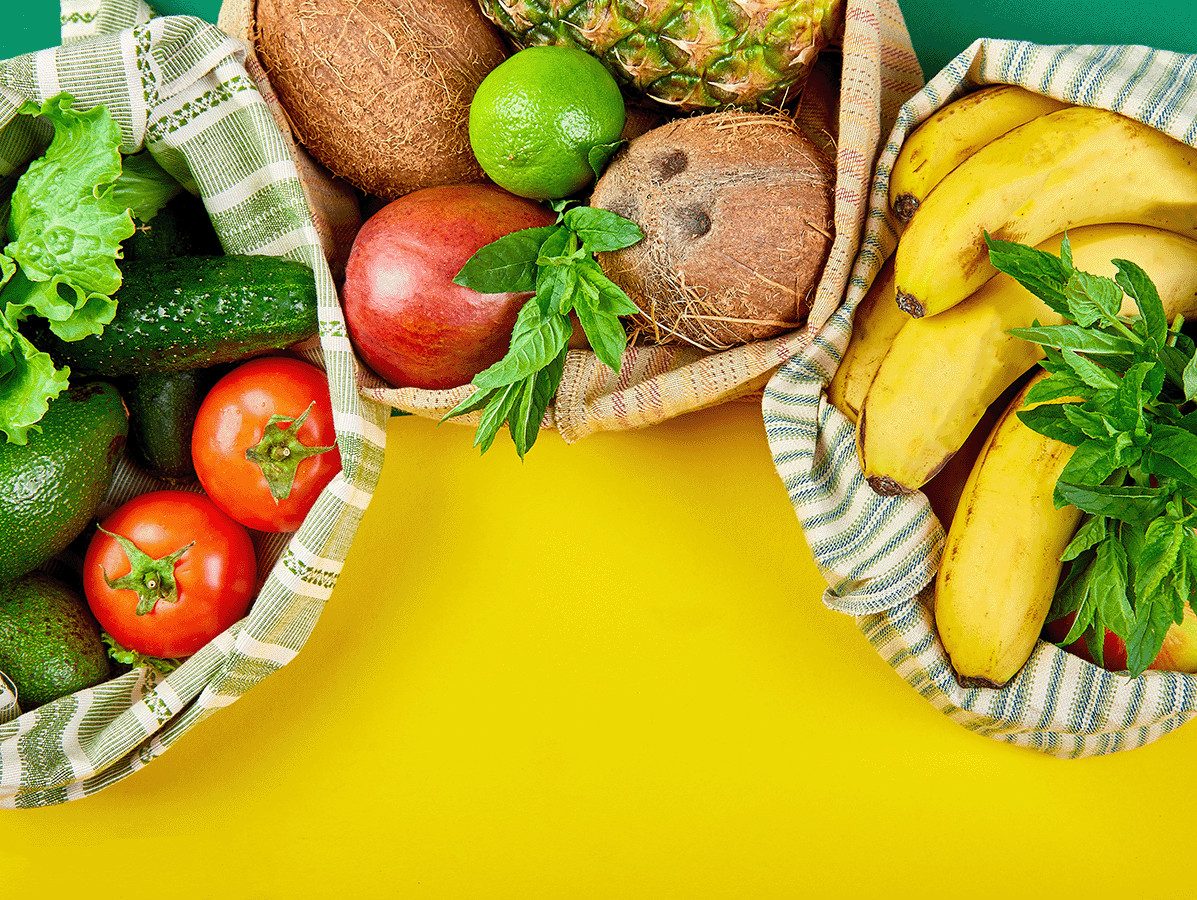
In the first half of 2022, Dutch people ate almost the same amount of fresh vegetables and fruit as last year. As a result of the removal of corona measures, people are eating more outside the home. Restaurants and caterers offered their guests almost 80 percent more fresh fruit and vegetables than in 2021.
However, the level of 2019 has not yet been reached. The household purchase of fruit and vegetables for home consumption was 4 percent below that of a year earlier. This emerges from an analysis by GroentenFruit Huis based on figures from GfK and Foodstep.
Dutch people bought 2 percent fewer fresh vegetables for home consumption in the first six months than in 2021. With the exception of cauliflower, less of the top 10 most purchased vegetables were bought at home. Despite a 9 percent drop, tomatoes are still by far the most bought vegetable, followed by onions (-4 percent) and cucumbers (-1 percent).
Fresh fruit ended up in shopping baskets 6 percent less. Especially fruits such as oranges, pears and melons declined. On the other hand, people bought more bananas, strawberries and mango. Banana was the most popular fruit type among Dutch people in the first half of 2022, followed by apple and orange. Banana sales increased by 4 percent, while 4 percent less apples were bought.
Dutch consumers ordered 5 percent less fresh fruit and vegetables online between January and June. With 7 percent, the share of online purchases of fruit and vegetables remained stable.
In the first half of the year, Dutch people visited the hotel and restaurant industry more often, went on excursions or travelled more often. Fresh food parcels, however, have remained as popular as ever. The volume of fresh food packages purchased increased by a quarter. The assortment has expanded considerably and within the fresh food parcels, the sliced variety is experiencing a growth spurt.
Click here for the infographic (Dutch only)
Groentenfruithuis.nl
Source: GroentenFruit Huis